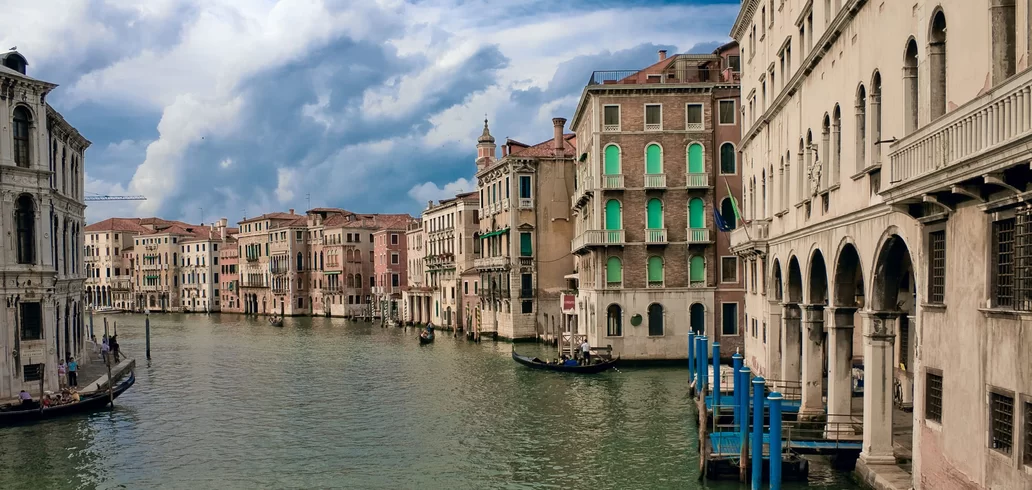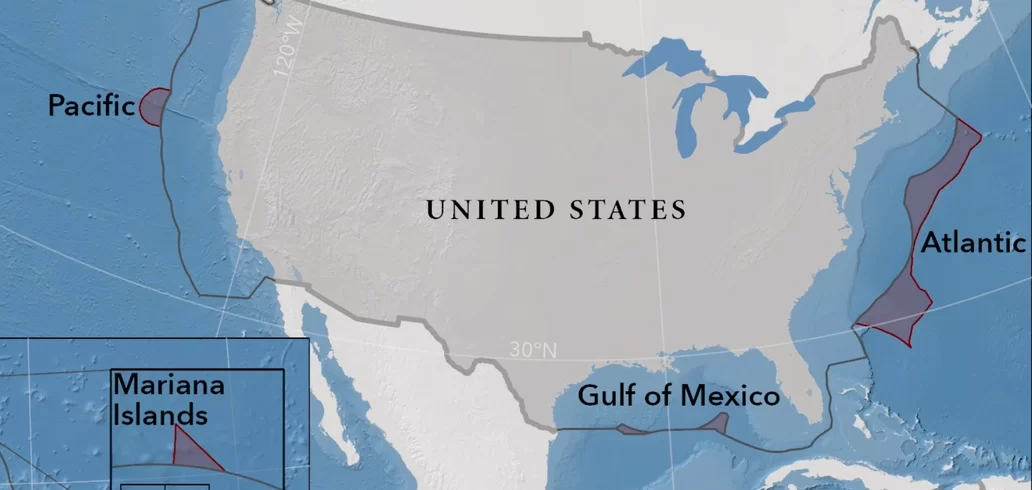Curiosities
Why was Argentina the destination of so many Nazis after World War II?
Advertisement
1. **Refuge and Protection:** The Argentine government, led at the time by President Juan Perón, offered refuge and protection to many Nazis and sympathizers of the regime. Perón and other Argentine leaders saw the Nazis as valuable in terms of technical, scientific, and military knowledge, and were willing to welcome them in exchange for their skills and resources.
2. **Failure of the Nuremberg Trials:** Although the Nuremberg Trials sentenced several Nazi leaders to death or imprisonment, many others escaped justice or received light sentences. This encouraged some Nazis to flee to avoid punishment or revenge.
3. **Support Networks:** There were support networks established by Nazi sympathizers in Argentina and other Latin American countries, which facilitated the escape and integration of Nazi fugitives into society.
4. **Geographical Distance and Isolation:** Argentina was geographically distant from major post-war trials and investigations, which made it difficult to extradite Nazi suspects and gave them a sense of security.
5. **Anti-Semitism and Sympathy for Nazism:** Some sectors of Argentine society were anti-Semitic and sympathized with Nazi ideology, which facilitated the integration of fugitive Nazis into society.
These factors combined made Argentina an attractive destination for many Nazis seeking to escape justice and start their lives over after the end of World War II.
The Argentine government's position amid the conflict
During World War II, the Argentine government, led by President Ramón Castillo until 1943 and then by Juan Perón, adopted a position of official neutrality. However, this neutrality was often seen as favoring the interests of the Axis, especially Nazi Germany. Here are some aspects of Argentina's positioning during the conflict:
1. **Apparent Neutrality:** Although officially neutral, Argentina maintained significant economic relations with the Axis countries, particularly Germany. This included trading agricultural products such as meat and wheat in exchange for technology and industrial equipment.
2. **Axis Sympathy:** The Argentine government, especially during Perón's term, showed sympathy and admiration for certain aspects of fascist and Nazi ideologies. Perón saw these regimes as models for his own style of government, which was authoritarian and populist.
3. **Haven for Nazis:** Argentina was a popular destination for Nazi fugitives after the war, partly due to the sympathy of some Argentine leaders for Nazi ideology and partly due to the perception that Argentina was a safe haven due to its geographic distance from major war trials and post-war investigations.
4. **Allied Pressure:** Although officially neutral, Argentina faced pressure from the Allies to cut its economic ties with the Axis countries. This led to some diplomatic conflicts between Argentina and the Allies.
5. **Change of Stance at the End of the War:** At the end of the war, when it became clear that the Allies would emerge victorious, Argentina officially changed its position, declaring war on Germany and Japan in March 1945, shortly before the end of the conflict.
Overall, the Argentine government during World War II was characterized by an ambiguous position of neutrality that favored, to some extent, Axis interests, especially at the beginning of the conflict.
Argentina as a refuge for the Nazis
Argentina became a refuge for many fugitive Nazis after World War II, mainly due to several favorable circumstances:
1. **Perón's Policy of Reception:** Argentine President Juan Perón and his wife, Eva Perón, expressed sympathy for the Nazi regime and its ideology. They viewed the Nazis as valuable in terms of technical, scientific, and military knowledge, and were willing to offer them refuge and protection.
2. **Support Networks:** There were support networks established by Nazi sympathizers in Argentina and other Latin American countries, which facilitated the escape and integration of Nazi fugitives into society.
3. **Geographical Distance and Isolation:** Argentina was geographically distant from major post-war trials and investigations, which made it difficult to extradite Nazi suspects and gave them a sense of security.
4. **Lack of International Pressure:** After the end of the war, there was a lack of effective international coordination to track down and punish Nazi war criminals. This allowed many to flee to countries like Argentina without facing significant legal consequences.
5. **Failure of the Nuremberg Trials:** Although the Nuremberg Trials sentenced several Nazi leaders to death or imprisonment, many others escaped justice or received light sentences. This encouraged some Nazis to flee to avoid punishment or revenge.
These factors combined made Argentina an attractive destination for many Nazis seeking to escape justice and start their lives over after the end of World War II.




